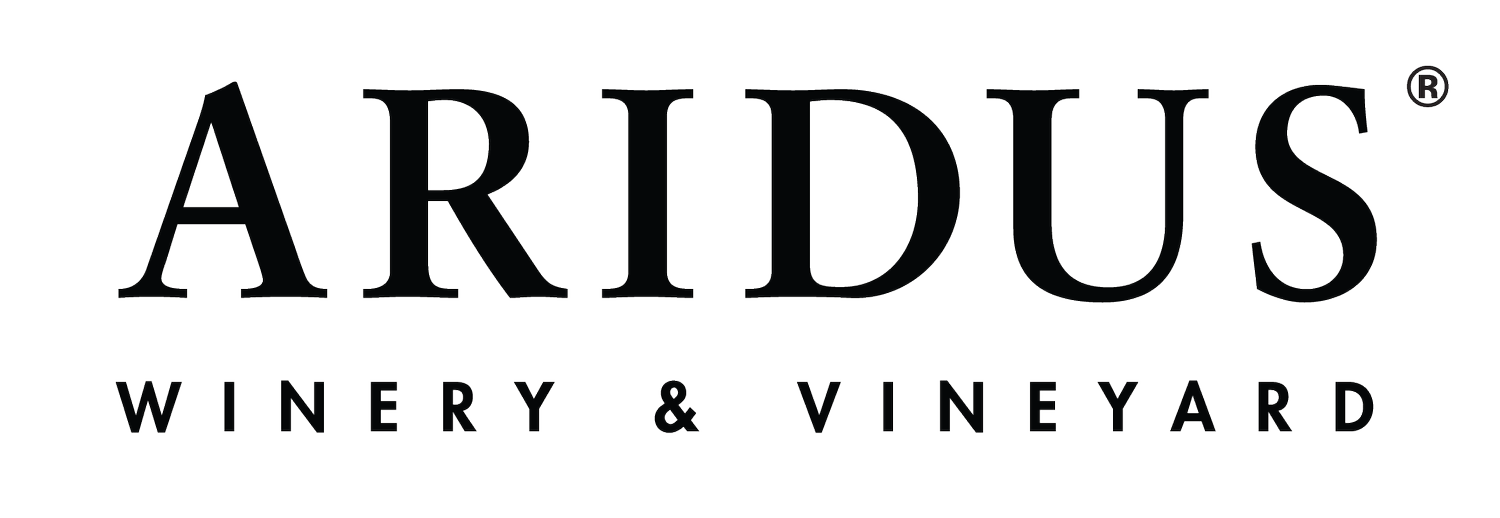Is Wine Gluten-Free?
Yes. It really is as simple as that. Wine is gluten-free.
What is gluten, though? I find that most people don’t know what gluten is, so starting there is a good point to understanding what foods and beverages might contain gluten.
Gluten is a mix of proteins produced by grains. It is generally comprised of two main types of proteins– glutenins and gliadins. Glutenins are responsible for making doughs strong – they work as the structural bracing for a dough. Gliadins are what allow doughs to be pliable. Think about working with a bread dough of some sort. Without glutenins, the dough would likely not be able to form the sorts of shapes – boules, baguettes, fougasse, etc – that we are familiar with. We’d be stuck with crackers. Without gliadins, bread just might be too tough to chew. It’s the combination of these remarkable proteins that give wheat breads their delicious textural properties – the gliadin gives the dough elasticity and the glutenin gives it strength. Together they allow for a dough that will trap gases produced by yeast, stretch and grow through proofing and baking, and produce a chewy, textured loaf. Even if you don’t consume them, they are incredibly interesting and anyone looking for more information would do themselves well by reading the chapter on proteins in the seminal textbook, Food Chemistry by Fennema, et al.
We live in a complex society in which there are many food and beverage additives. Most people know that there’s likely to be corn products in many of their processed foods, and it’s also true that there are plenty of wheat derivatives that can be found in common processed foods. And although wine production is an early form of food processing, there are very few products that are approved as additives for wine.
Does Wine Have Gluten?
While there are fining products on the market for wine that are derived from all sorts of ingredients that one would not normally think of when wondering what goes into wine, only two are even potentially grain-based. These are carbohydrase – an enzyme derived from barley that is used to convert starches to fermentable sugar; and maltol – a sugar alcohol that can be used to stabilize wine and could potentially be derived from roasted malt. I personally have never used carbohydrase and can’t even find a supplier who sells it. As for maltol, it is actually present in oak barrels and closely related to other compounds that are responsible for oak flavor and aroma. If there’s maltol present in your wine, it is more than likely a result of aging in oak. And it certainly isn’t a protein.
At the end of the day, wine really is mostly just grapes. As the current Code of Federal regulations is written, if a grain product that is not one of those listed above was added to wine, it would have to be sold as a malt beverage, so by this standard, it currently isn’t even possible to call an alcoholic beverage that would contain gluten a wine. So you can rest easy knowing that your wine is gluten-free.

